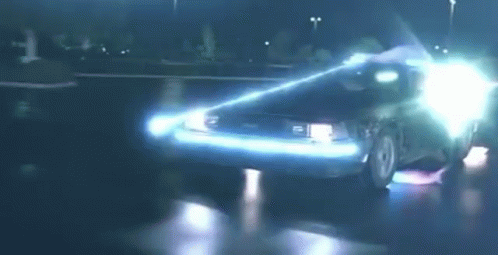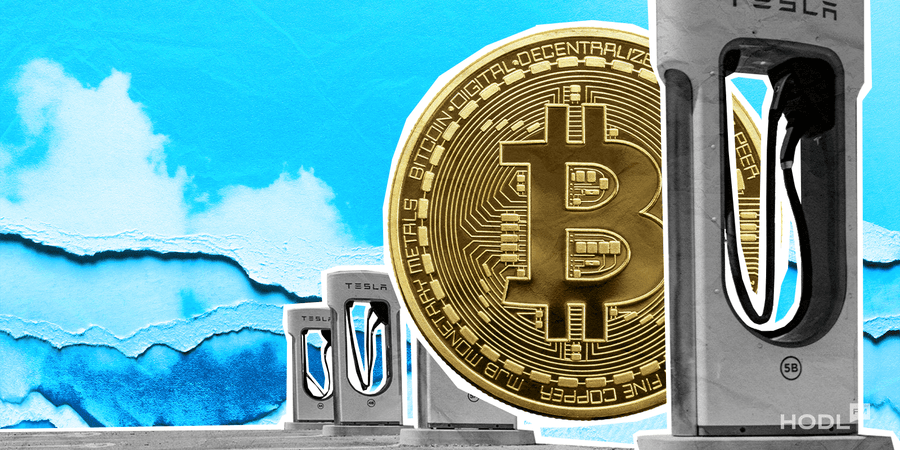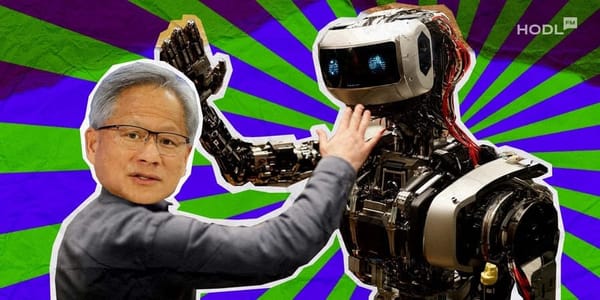Tesla, the electric vehicle juggernaut led by the ever-controversial Elon Musk, disclosed that it had divested approximately 75% of its Bitcoin holdings between April 1st and the close of June. This strategic financial manoeuvre injected a robust $936 million in cash into Tesla’s coffers.

Tesla’s Bitcoin Journey
Back in February 2021, Tesla made headlines by announcing its purchase of $1.5 billion worth of Bitcoin, a move touted as diversification of their balance sheet away from traditional currency and an attempt to maximize returns. This audacious leap into the world of cryptocurrency left many astonished and fueled the crypto market’s bullish rally.

However, just as the crypto world was getting comfortable with the idea of Tesla embracing Bitcoin, the plot thickened. In May, Elon Musk, the maverick at the helm of Tesla, made a U-turn, declaring that Tesla would no longer accept Bitcoin as payment for its electric vehicles, mere months after the initial embrace. This led to a swift 4% drop in Bitcoin’s price, showcasing Musk’s undeniable influence in the cryptocurrency arena.
The Financial Jigsaw Puzzle
Tesla’s financial statements, a subject of much speculation, revealed intriguing insights. As of June 30, Tesla’s balance sheet reported only $218 million in “digital assets, net,” a dramatic drop from approximately $1.2 billion in the preceding three quarters. While it’s safe to assume that a significant chunk of this ‘digital asset’ is Bitcoin, Musk dropped a cryptic hint that Tesla still holds its Dogecoin. An unanticipated revelation, as up to this point, Tesla’s involvement with Dogecoin was shrouded in secrecy.
Read more: Elon Musk Tweet Sends Milady NFT Collection Floor Price Upwards
Unpacking the Bitcoin Sale
Tesla’s move to convert the lion’s share of its Bitcoin holdings into fiat currency raised eyebrows.
We converted a majority of our Bitcoin holdings to fiat for a realized gain, offset by impairment charges on the remainder of our holdings netting a $106 million cost to the P&L included within the restructuring
Tesla spokesperson on Tesla Q2 2022 Financial Results and Q&A Webcast
Musk, ever the showman, chimed in, insisting that this move was not a “verdict” on Bitcoin. Instead, it was a strategic maneuver to bolster Tesla’s cash reserves amidst the uncertain backdrop of COVID-19 restrictions in China, which had a significant impact on their Shanghai Gigafactory.
A Glimpse into the Future
Musk’s statements on Tesla’s willingness to embrace cryptocurrency in the future were carefully measured. He expressed openness to increasing Tesla’s cryptocurrency holdings down the road, reinforcing that this decision should not be misconstrued as a complete disavowal of Bitcoin. However, the lingering specter of economic uncertainty due to the COVID-19 lockdowns in China remained a crucial factor in their financial strategy.

Tesla’s Production Rollercoaster
Beyond the cryptocurrency, Tesla had its hands full with its core business. The company reported impressive figures with total production for Model S and X, along with Model 3 and Y, reaching 258,580 units in Q2, marking a 25% year-on-year increase. However, this achievement was tempered by a 17% decline in production compared to the previous quarter and the delivery of 55,000 fewer vehicles.
Tesla attributed these challenges to a cocktail of factors, including the ongoing COVID-19 disruptions, global supply snarls, labor shortages, and an array of logistical complexities that handcuffed their ability to operate their factories at full capacity.
The Inflation Conundrum
Addressing concerns about the recent 10% price hike across Tesla’s entire product line due to inflation, Musk offered a perspective that’s as enigmatic as his Twitter feed. He hinted that the possibility of reducing prices hinged upon the unpredictable trajectory of inflation. Musk emphasized that Tesla’s unique delivery timeline, spanning six months to a year from order to delivery, necessitated anticipation of future inflation trends.
When or if we see indications that the inflation rate is declining, then we would not need to increase our car prices. It’s possible there could be a slight decrease in car prices but this is fundamentally dependent on macroeconomic inflation.
Elon Musk
More Info:
- Elon Musk’s ‘X’ Rebranding; Farewell Bluebird
- Elon Musk’s AI Showdown: xAI Takes on ChatGPT, Boosts AI-Related Crypto Tokens
In the ever-evolving saga of Tesla, the recent Bitcoin maneuvers, production challenges, and pricing debates have added more layers to the mystique of this innovative automotive and tech giant. While Elon Musk’s statements provide some clarity, the path ahead remains as uncertain as the cryptic world of cryptocurrency itself. Tesla’s ability to navigate these tumultuous waters will undoubtedly keep the world watching, waiting, and speculating.
Disclaimer: All materials on this site are for informational purposes only. None of the material should be interpreted as investment advice. Please note that despite the nature of much of the material created and hosted on this website, HODL FM is not a financial reference resource and the opinions of authors and other contributors are their own and should not be taken as financial advice. If you require advice of this sort, HODL FM strongly recommends contacting a qualified industry professional.



